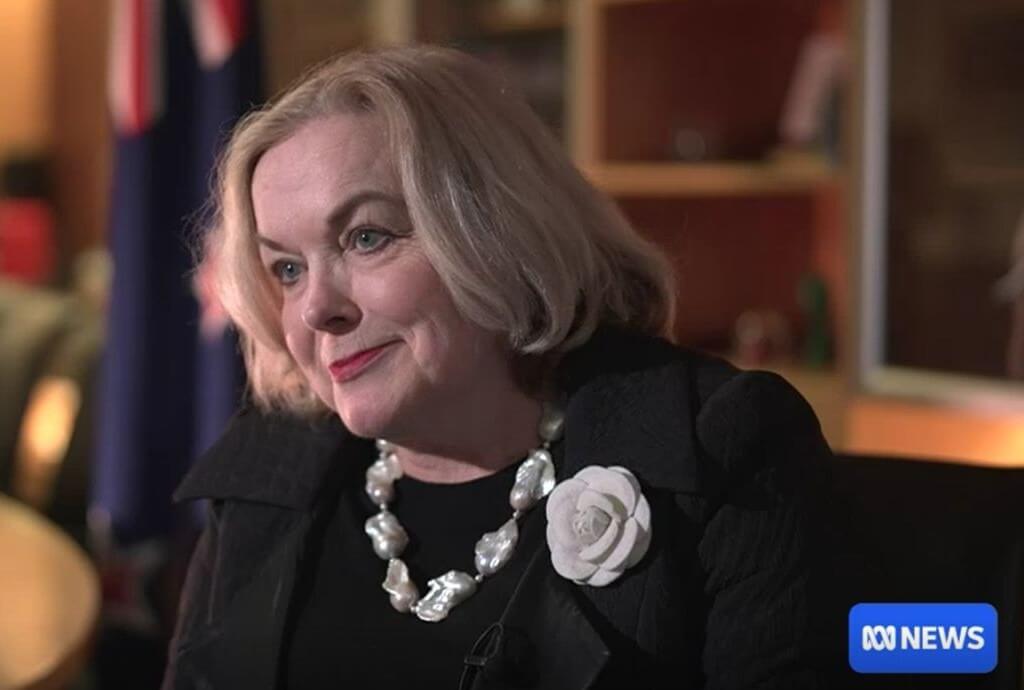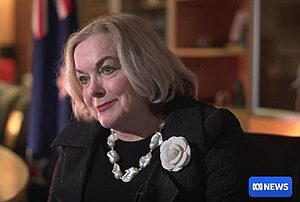Summarised by Centrist
New Zealand First leader Winston Peters has condemned the government’s push to force fluoridation in Whangārei, calling it a “despotic Soviet-era disgrace.” The Whangārei District Council (WDC) has refused to comply with the directive from the recently resigned Director-General of Health Dr Diana Sarfati, despite warnings of heavy fines and even imprisonment for councillors.
Mayor Vince Cocurullo has vowed to stand firm, saying, “It is chilling that we have got to a point in New Zealand where elected politicians are being threatened with imprisonment just for doing their jobs.”
Peters is framing the issue as a fundamental question of democracy rather than fluoride’s health benefits. “This is not a matter of being pro-fluoride or anti-fluoride. It is a matter of what New Zealanders see and value as democracy in our country,” he said. The 2021 law change granted the Director-General of Health unilateral authority to mandate fluoridation, a move Peters and the WDC fiercely oppose.
New Zealand First has introduced the Fluoridation (Referendum) Legislation Bill, aiming to repeal the 2021 law and restore decision-making power to local communities through binding referendums. “All the council is fighting for is to have a referendum on the matter so locals can have a voice,” Peters said.
Sarfati’s abrupt resignation, effective February 21, has raised questions about whether her handling of the fluoridation issue contributed to her departure. Ministry officials insist her exit is unrelated. Meanwhile, the government remains firm, with Deputy Director-General of Health Dr Andrew Old reiterating that fluoridation is a “safe, effective, and affordable” public health measure.



















